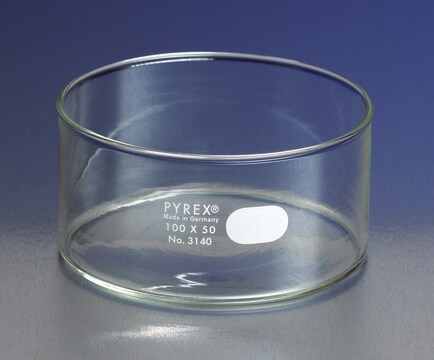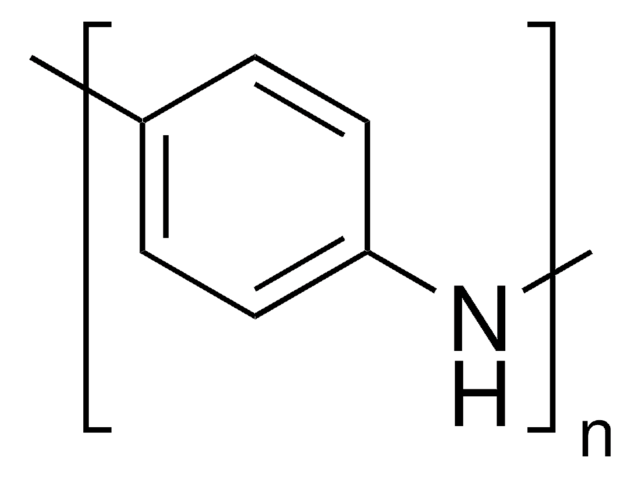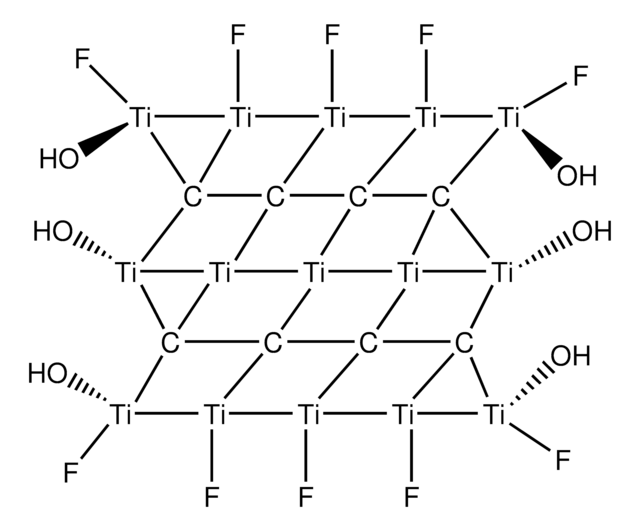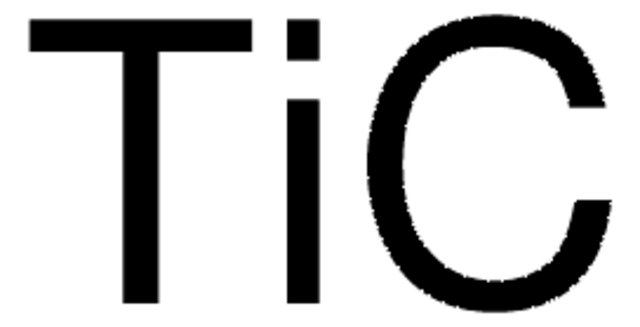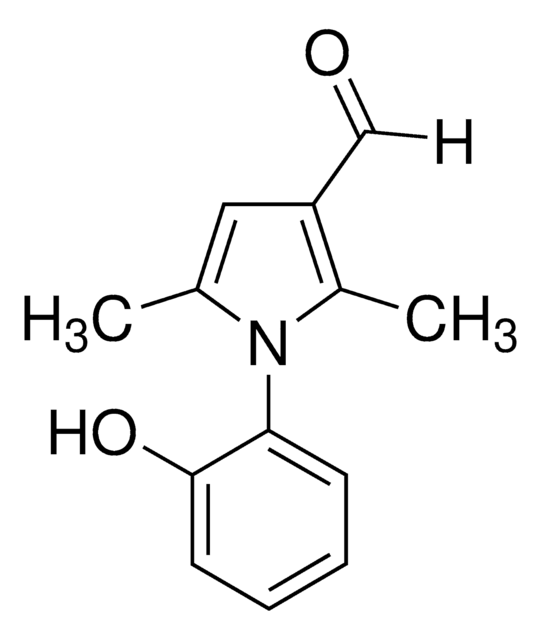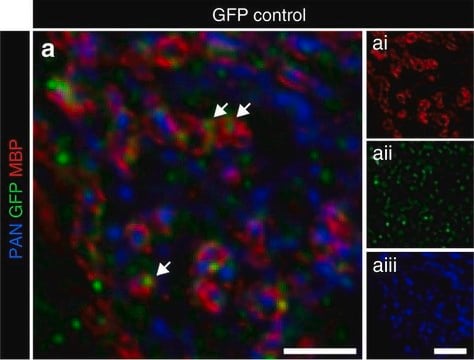MABN2727
Anti-Pan Lhx1/5 Antibody, clone 4F2
Synonym(s):
LIM/homeobox protein Lhx5
About This Item
Recommended Products
biological source
mouse
Quality Level
antibody form
purified antibody
antibody product type
primary antibodies
clone
4F2, monoclonal
mol wt
calculated mol wt 45 kDa
observed mol wt ~48 kDa
purified by
using protein G
species reactivity
mouse, rat, human, chicken
packaging
antibody small pack of 100
technique(s)
immunocytochemistry: suitable
immunofluorescence: suitable
immunohistochemistry: suitable
western blot: suitable
isotype
IgG1κ
epitope sequence
Unknown
Protein ID accession no.
UniProt accession no.
storage temp.
2-8°C
Gene Information
rat ... Lhx1(124451)
Specificity
Immunogen
Application
Evaluated by Western Blotting in Mouse brain tissue lysate.
Western Blotting Analysis: A 1:500 dilution of this antibody detected Lhx1/5 in Mouse brain tissue lysate.
Tested Applications
Immunocytochemistry Analysis: A representative lot detected Lhx1/5 in Immunocytochemistry applications (Iyer, N.R., et al. (2016). Exp Neurol. 277:305-316).
Immunohistochemistry Applications: A representative lot detected Pan Lhx1/5 in Immunohistochemistry applications (Lu, Y., et al. (2020). Dev Cell. 53(4):473_491.e9; Shirazi Fard, S., et al. (2014). Cell Cycle. 13(3):408-17; Hotani, T., et al. (2018). Mol Ther Oncolytics. 12:162-172; Yang, M., et al. (2010). J Comp Neurol. 518(14):2818-40).
Immunofluorescence Analysis: A representative lot detected Pan Lhx1/5 in Immunofluorescence applications (Yang, M., et al. (2010). J Comp Neurol. 518(14):2818-40; Samson, A., et al. (2018). Gut. 67(3):562-573).
Western Blotting Analysis: A representative lot detected Pan Lhx1/5 in Western Blotting applications (Hotani, T., et al. (2018). Mol Ther Oncolytics. 12:162-172).
Note: Actual optimal working dilutions must be determined by end user as specimens, and experimental conditions may vary with the end user.
Target description
Physical form
Reconstitution
Storage and Stability
Other Notes
Disclaimer
Not finding the right product?
Try our Product Selector Tool.
Storage Class Code
12 - Non Combustible Liquids
WGK
WGK 1
Flash Point(F)
Not applicable
Flash Point(C)
Not applicable
Certificates of Analysis (COA)
Search for Certificates of Analysis (COA) by entering the products Lot/Batch Number. Lot and Batch Numbers can be found on a product’s label following the words ‘Lot’ or ‘Batch’.
Already Own This Product?
Find documentation for the products that you have recently purchased in the Document Library.
Our team of scientists has experience in all areas of research including Life Science, Material Science, Chemical Synthesis, Chromatography, Analytical and many others.
Contact Technical Service


